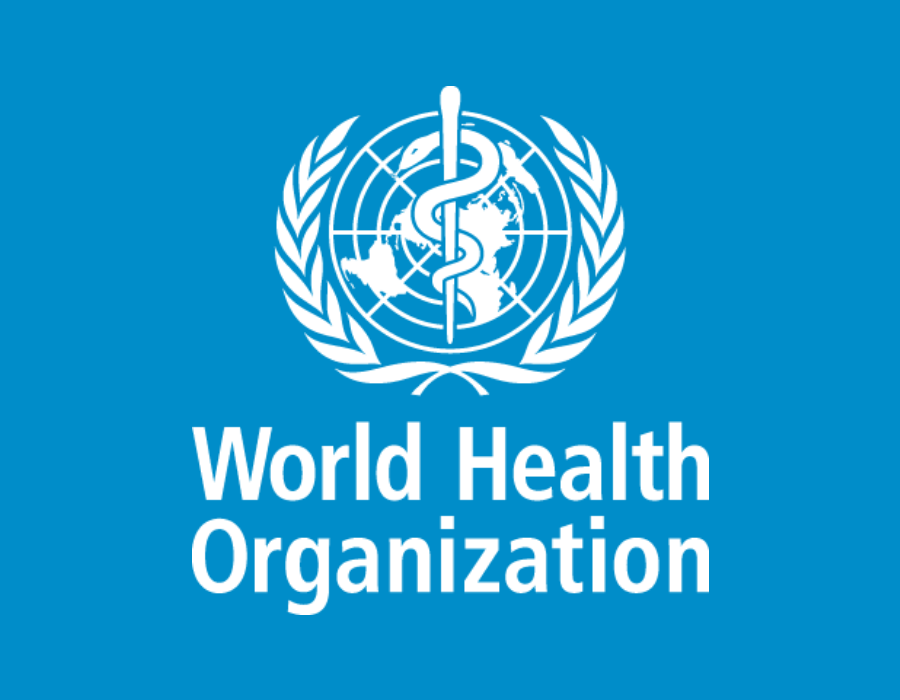The COVID-19 pandemic is changing the landscape of global health security and emergency preparedness. The rapid spread and its wide-ranging consequences have resulted in lives lost, socio-economic disruption (at great cost) and diplomatic tensions. It has also highlighted gaps in countries’ abilities to manage large-scale emergencies. The COVID-19 Strategic Preparedness and Response Plan (SPRP) Operational Planning Guidelines detail public health measures to support countries in preparing for, and responding to, COVID-19.
WHO is working with its Member States to effectively prepare for, and respond to, COVID-19, including those with weak and fragile health systems. This includes encouraging the development of national COVID-19 plans to effectively manage outbreaks. These plans should be based on establishing operational readiness by rapidly addressing gaps in national International Health Regulations (IHR 2005) capacities. States Parties Annual Reporting (SPAR) tool and other IHR (2005) monitoring and evaluation components provide important insights into priority actions that should be implemented.
Sustainable Preparedness Beyond Covid-19
The COVID-19 pandemic, with its severe impacts on health, societies and economies across the world, underscores the urgent need to build and maintain sustainable country capacities to prevent, detect and respond to public health risks and threats. COVID-19 will not be the world’s last health emergency – countries will face future incidents and may even have to deal with other threats at the same time as COVID-19, and it is critical to scale up medium and long-term preparedness.
WHO will continue to work with Member States and partners to meet the immediate and urgent needs of COVID-19. However, as a global community, we must also anticipate and coordinate to ensure the building and strengthening of post-pandemic country capacities to prevent, prepare, respond and recover from health emergencies.
